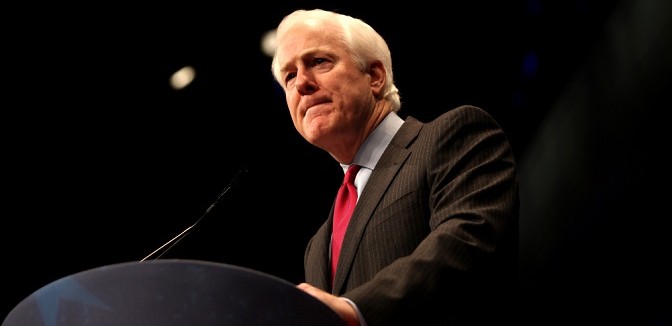Bipartisan legislation is set to pass the House of Representatives this week that, if approved by the Senate, would significantly ratchet up sanctions against Iran over its illicit nuclear program.
The Nuclear Iran Prevention Act is co-sponsored by Ed Royce (R-CA) and Eliot Engel (D-NY), respectively the chairman and ranking member of the House Foreign Affairs Committee.
Key provisions in the bill would broaden economic sanctions against the Islamic republic and enhance the enforcement of existing ones. An expanded blacklist would apply to foreign individuals or firms conducting trade with Iran’s Central Bank, and would impose measures to restrict Iran’s options for leveraging its hard currency, most of which is kept in euros. Other key sections target Iran regime figures suspected of gross human rights violations. It also adding Iran’s Revolutionary Guard Corps to the official list of Foreign Terrorist Organizations. Currently the IRGC’s elite Qods Force holds the unofficial label of “specially designated global terrorist.”
The bill also specifically targets Iran’s oil exports, and looks to significantly reduce them. Oil is the backbone of Iran’s economy, accounting for 80% of its hard currency earnings and 50% of GDP. Western-led sanctions caused exports 39 percent last year. Since 2010 – and especially since last year – the historically reluctant European Union has also toughened sanctions. The bloc, which in 2011 imported 600,000 barrels of Iranian oil daily, is now importing negligible amounts.
Foundation for Defense of Democracies (FDD) executive director Mark Dubowitz praised the Royce-Engel bill for demanding attention to the timeline for when it could “break out” to nuclear capacity, but noted that tougher options may be needed:
“What that gives you is a very firm red line,” says Mark Dubowitz, a sanctions expert and executive director of the pro-sanctions think tank Foundation for Defense of Democracies. The House legislation does not go as far as some sanctions hawks would like; a Senate bill that [Sen. Mark] Kirk [R-IL] is working on is likely to pursue some of the legislation’s targets more vigorously, Dubowitz says.
The Senate bill will likely reach the Senate after its August recess. It is co-sponsored by Sen. John Cornyn (R-TX):
“It’s time to send a clear message to all nations of the world – there is no such thing as legitimate trade with the Government of Iran,” Senator Kirk said. “Money is fungible and any funds deposited into the Iranian Government’s coffers help subsidize its rogue nuclear program, illicit proliferation networks and unprecedented human rights abuses. We owe it to the American people to exhaust all available options before the diplomatic clock runs out.”
“Put simply, countries and companies around the world will be forced to choose – stop doing business with the government of Iran or stop doing business in the United States of America,” Senator Cornyn said.
Benjamin Weinthal, a research fellow at who has written extensively about the politics and effectiveness of Iran sanctions, told The Tower that additional sanctions may be effective in curbing Iran’s nuclear ambitions.
“If you had asked me in 2007 were the EU countries prepared to ban Iranian oil and gas imports, I would have likely answered that that’s just utopian thinking – but it happened,” he said. “So movement and greater sanctions progress is possible… Bans on auto trade, engineering technology, all dual-use merchandise, might, just might, send Iran’s wobbly economy into a free fall.”
[Photo: Gage Skidmore / Flickr]




